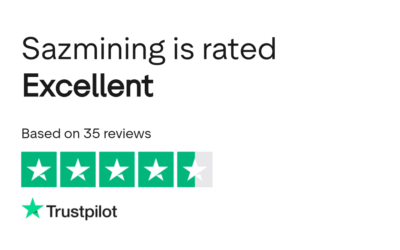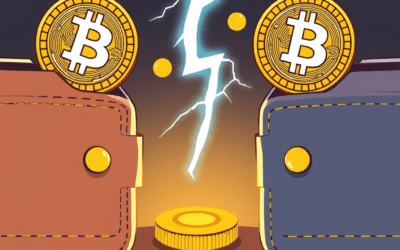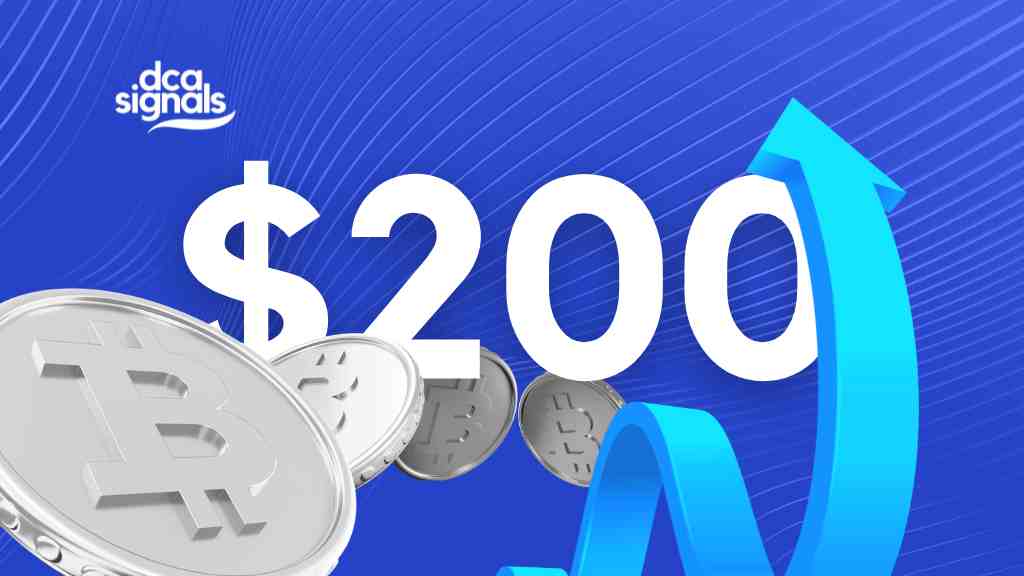The concept of Bitcoin self-custody is at the heart of it’s philosophy. By owning your private keys, you take complete control of your funds, eliminating reliance on third-party institutions. However, this control comes with a significant responsibility: ensuring that your private keys are secure from both digital hacks and physical attacks.
Over the years, several self-custody solutions have emerged to address these concerns, each offering unique approaches to safeguarding Bitcoin. We explore various prominent bitcoin self-custody solutions such as Bitvault, Unchained or Liana.
Table of Contents
The Challenges of Bitcoin Self-Custody
When managing Bitcoin independently, users are responsible for securing their private keys. This introduces several risks:
– Digital Attacks: Hackers continuously develop sophisticated methods to steal private keys, targeting devices through malware, phishing attacks, or vulnerabilities in software.
– Physical Threats: In some cases, Bitcoin holders face coercion or robbery, where attackers force them to transfer funds under duress. Conventional solutions like hardware wallets and multisig setups may offer some protection, but additional layers of security are often needed.
Solutions developed to enhance Bitcoin self-custody:
Casa: User-Friendly Multisig for Bitcoin Holders
Casa has made a name for itself as one of the leading multisignature wallet services designed to enhance Bitcoin security. With Casa, users spread their keys across multiple devices. A typical setup might involve storing one key on your phone, one on a hardware wallet, and another with Casa itself. This approach ensures that no single point of failure can compromise a user’s funds.
Casa focuses on usability, making the process of managing multisig wallets accessible even for less tech-savvy users. It offers several tiers of service, with higher levels of support and security for premium customers. However, despite its robust security, Casa remains vulnerable to situations where attackers might coerce users under duress.
Liana: Bitcoin’s Smart Contract-Enhanced Security
Another interesting development in the Bitcoin self-custody space is Liana, which leverages Bitcoin’s native smart contract capabilities to secure funds. Liana uses a time-lock mechanism to ensure that users retain access to their funds, even in worst-case scenarios. Essentially, Liana’s system creates a backup process that kicks in if the user fails to access their funds within a specified timeframe.
The system automates certain aspects of key recovery, making it a safer option for users concerned about losing their private keys. Liana is ideal for long-term holders looking for a robust solution to protect their assets against both key mismanagement and physical attacks. However, the reliance on time-locked transactions may not suit users looking for instant liquidity.
Traditional Hardware Wallets: Cold Storage Solutions
For years, hardware wallets like Trezor and Ledger have been staples of Bitcoin self-custody. These devices keep private keys offline, which protects them from online attacks. Hardware wallets remain a popular choice for those who prioritize security but also value ease of access.
However, while hardware wallets protect against digital attacks, they are vulnerable to physical coercion. If someone gains physical access to the device, they can force the user to unlock it and transfer funds. Additionally, hardware wallets can be cumbersome to use.
Time-Delays Over Multisig: A Next-Level Approach
To address the limitations of existing solutions, a promising technology gaining traction is time-delayed multisig. This solution incorporates the familiar multisignature wallet structure, where multiple private keys are required to approve a transaction, but with an added twist: time-delays.
How Time-Delays Work
In a typical multisig setup, a user needs two out of three keys to approve a transaction. Time-delays add another layer of security by preventing transactions from broadcasting immediately, even after the required keys are used to sign it. This delay can range from a few hours to several days.
This buffer period is critical in situations where attackers gain access to your keys. Even if they manage to sign a transaction, the time-delay gives the user a crucial window to take action—whether it’s canceling the transaction or alerting authorities. Time-delayed multisig also provides protection in cases of physical coercion, where an attacker might force the user to sign a transaction. The enforced delay ensures that Bitcoin cannot be transferred instantly, giving the victim time to stop the transfer.
Secret Notifications for Added Security
An important feature of time-delayed multisig setups is the use of secret notifications. Whenever a transaction is initiated, users receive real-time alerts through encrypted channels like Telegram or email. These notifications keep users informed of pending transactions, allowing them to intervene if necessary.
BitVault: A Promising New Solution
A rising contender in the self-custody space is BitVault, which leverages time-delayed multisig technology to address both digital and physical security threats. BitVault combines multisig security with customizable time-delays and secret notifications.
What sets BitVault apart is its ease of use. While many multisig solutions require advanced technical knowledge, BitVault aims to simplify the process. By offering an intuitive interface and robust security features, it appeals to both beginners and experienced Bitcoin holders. With time-delayed transactions and real-time notifications, BitVault ensures that users have the flexibility and protection they need to manage their Bitcoin securely.
As Bitcoin continues to grow in value and importance, so too does the need for effective self-custody solutions. BitVault’s blend of time-delayed transactions and secret notifications offers a promising way forward for users looking to protect their assets without sacrificing usability.
If you’re interested in exploring this cutting-edge solution, consider signing up for BitVault’s beta program at https://www.bitvault.sv to experience the next generation of Bitcoin self-custody.









